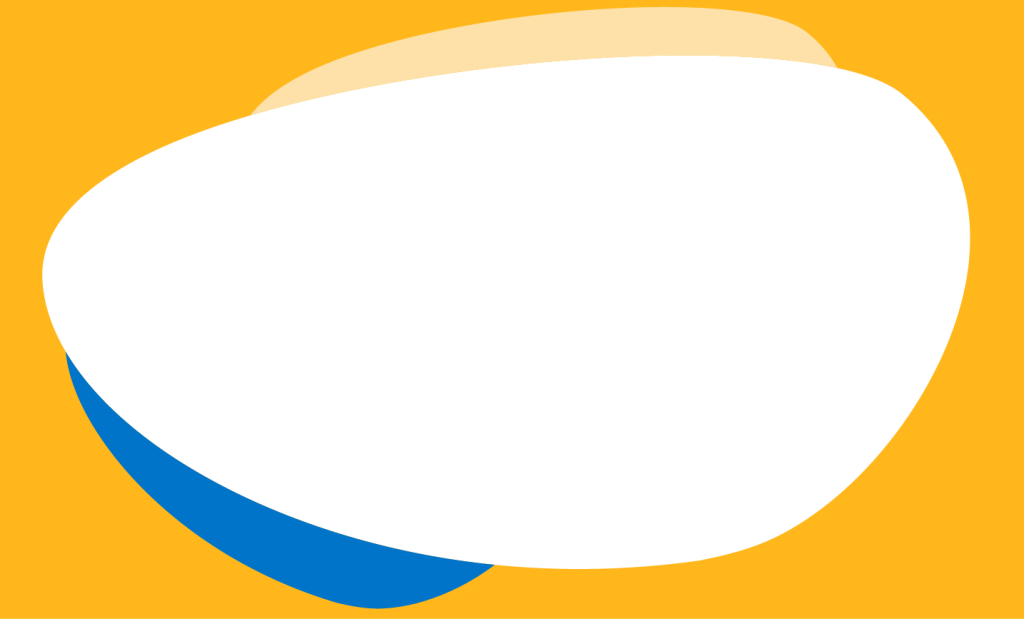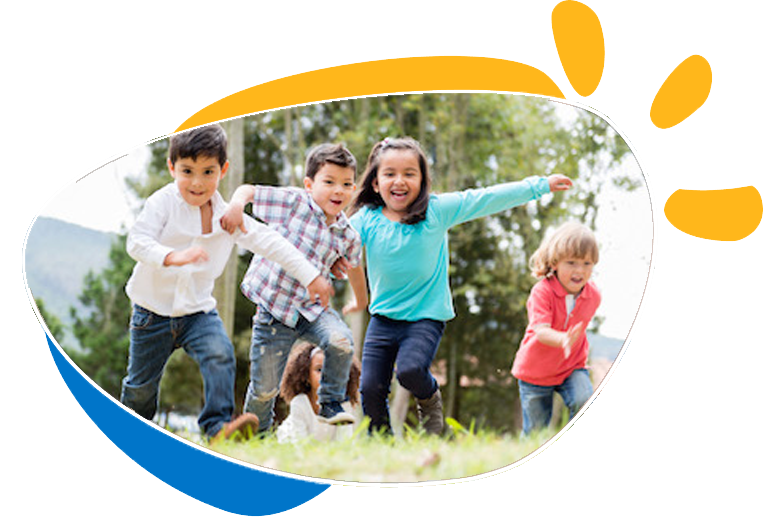

Play is voluntary engagement in self motivated activities that are normally associated with pleasure and enjoyment. Play may consist of amusing, pretend or imaginary, constructive, interpersonal (play with others) or intrapersonal (solitary play) interactions. Play is the way that children learn about the environment, their bodies
and their place in the world around them.
Social skills are the skills we use everyday to interact and communicate with others. They include verbal and non-verbal communication, such as speech, gesture, facial expression and body language. A person has strong social skills if they have the knowledge of how to behave in social situations and understand both written and implied rules when communicating with others.
Play is one way by which children learn. “Free” or unstructured play in early childhood is an important way that children learn about their world. Play is also an avenue through which social skills can develop. As they grow older, children learn about societal rules by making up games with rules, as well as about winning and losing and “playing fair”. They also learn about controlling their impulses in order to do well at something and about space, negotiating and problem solving. Above all, play is needed for fun and relaxation.
Social skills are vital in enabling an individual to have and maintain positive interactions with others. Many
of these skills are crucial in making and sustaining friendships. Social interactions do not always run smoothly and an individual needs to be able to implement appropriate strategies, such as conflict resolution when difficulties in interactions arise. It is also important for individuals to have ’empathy’ (i.e. being able to put yourself into someone else’s shoes and recognise their feelings) as it allows someone to respond in an understanding and caring way to how others are feeling.

We acknowledge the land on which we operate as the traditional lands of the Kaurna people, and pay our respects to the spiritual relationship with country that all Aboriginal and Torres Strait Islander peoples hold.
Kid Sense is founded on inclusion and the belief that everyone is welcome. All diversity is celebrated, encouraged, represented and supported in our staff, our clients, and our community. You are welcome here.